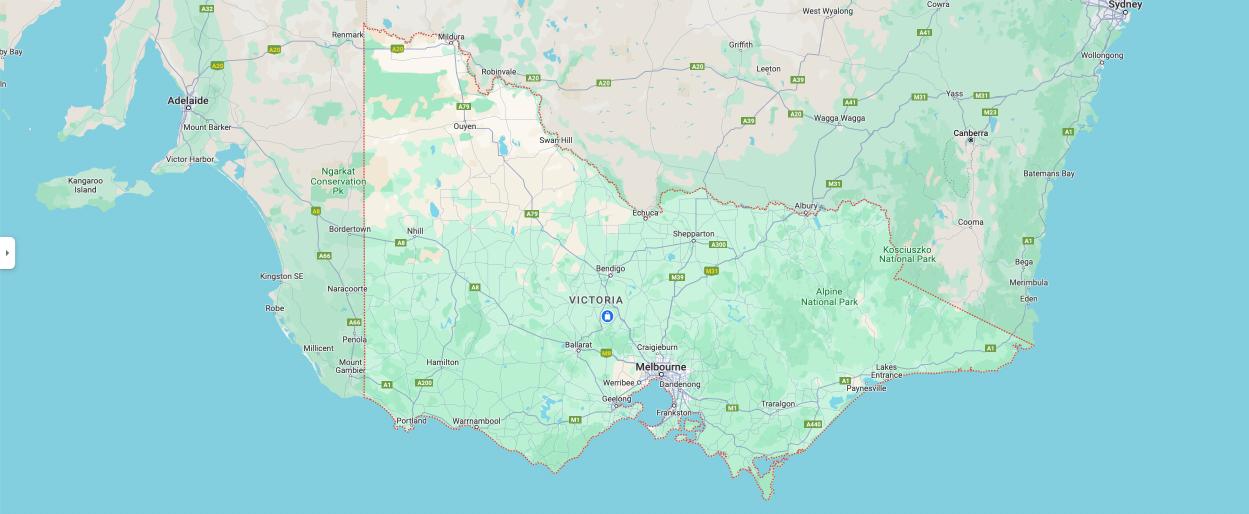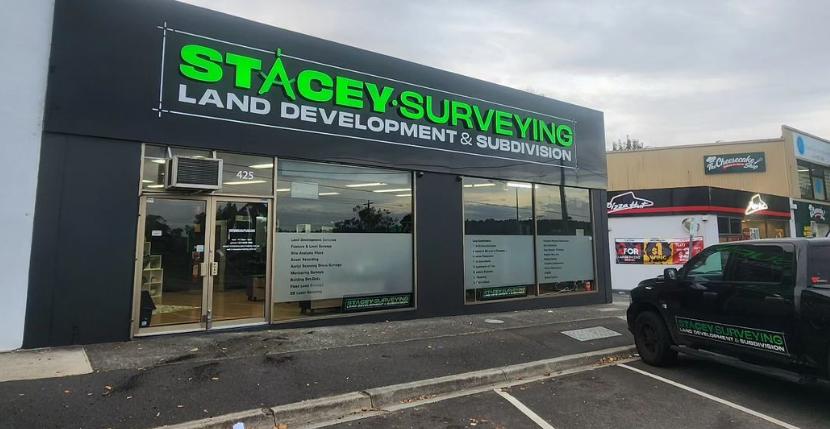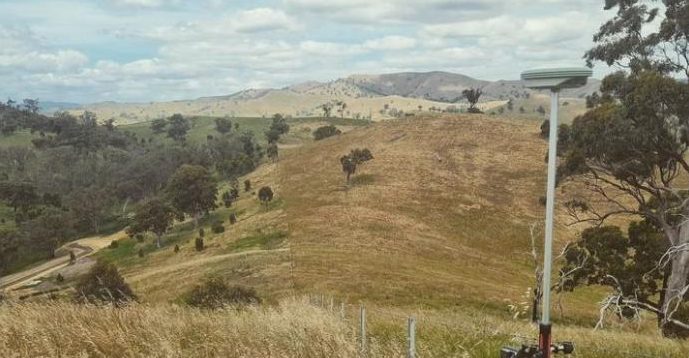If you’re lucky enough to have a large parcel of land on hand during a housing crisis, you might want to cash in and help others out at the same time. Subdividing land in Victoria can be an exciting and financially rewarding venture.
Whether you’re a property developer, an investor, or a homeowner looking to maximise the potential of your land, the process of land subdivision can offer some fantastic benefits.
Benefits of Subdividing Land
There are many potential benefits to subdividing land, including:
- Maximising value: Subdividing land can increase the overall value of your land. Let’s say you have one plot of land worth $900k, but you subdivide it and build two incredible townhouses that cost you $700k all up to build, your final valuation of two properties could be around $1.4m, so you’ve made $500k, give or take, by subdividing.
- Flexibility: Subdividing land gives you the flexibility to develop your property in a way that works with your timelines and budget. For example, you could take your time to build a brand-new home on half of your land and, when it’s finished, move into the new home, taking your time to renovate the older home, eventually ending up with two fabulous homes. Or you could subdivide the land and build a new home for grown children or elderly parents.
- Profitability: Subdividing land can be a profitable way to generate income. Once you’ve subdivided the land, you can sell the individual parcel/s at a profit or build on the unoccupied parcel and then live in one and rent one so you have a positively geared income for life.
Who Would Want to Subdivide Land?
Land subdivision in Melbourne is extremely popular as property developers build apartments and townhouses spanning out to every corner of the Melbourne suburbs.

Map of Victoria, Australia
It makes financial sense to trade in a single run-down property, to replace it with multiple new modern townhouses or units, particularly during a housing crisis.
So, who cashes in on subdividing land?
- Property Developers: Developers buy up any old properties to knock them down and subdivide them into multiple lots or titles for residential, commercial, or mixed-use projects.
- Investors: Smaller investors may purchase a larger block and rent it out for some time, knowing that the value of the land is increasing and just waiting for the right time to subdivide the land. Eventually, they will be able to sell the individual lots or build on them to maximise their rental income.
- Homeowners: Homeowners with substantial land may choose to subdivide to create additional lots for family members, or to cash in some of the equity of their home and free up their funds for retirement.
- Farmers: After generations of farming, some families might decide to move on to other things or downsize their land. Subdividing a large parcel of farmland to create smaller, more manageable plots for farming or to sell to housing developers makes sense.
- Government or Commercial Property Owners: Governments and large commercial businesses may choose to subdivide land to accommodate expansion, raise funds, or meet zoning and land use requirements.
How Vital is a Land Surveyor for Subdividing Land?
A critical player in the land subdivision process is the land surveyor. Their expertise is invaluable in ensuring the subdivision is executed accurately and in compliance with local regulations. Here’s how a land surveyor contributes to the process:
- Initial Site Assessment: The land surveyor evaluates the property’s characteristics, including its size, shape and topography. They determine if the land is suitable for subdivision.
- Boundary Identification: Surveyors precisely locate and mark out the property’s boundaries, ensuring that the land is divided correctly.
- Legal Compliance: They ensure that the subdivision adheres to local zoning laws, building codes and regulations, guiding property owners through the permit process.
- Subdivision Plan: Surveyors create detailed subdivision plans, specifying lot dimensions, locations and easements, which are essential for obtaining approval from local authorities.
- Infrastructure and Services: They assess the need for infrastructure, such as roads and utilities, and help plan for their installation.
- Final Survey: Once the subdivision is complete, surveyors conduct a final survey to confirm that the land has been subdivided according to the approved plan. This survey is critical for titles and property registration.
Steps to Subdivide Land in Victoria
The process of subdividing land in Victoria is governed by the Victorian Planning Provisions (VPP). The VPP sets out the requirements for subdividing land, including the minimum lot sizes, the required setbacks and the need for planning permits.
View the Planning Victoria website for further information: https://www.planning.vic.gov.au/guides-and-resources/guides/all-guides/subdivision
To subdivide land in Victoria, you will need to follow these steps:
- Initial Feasibility Assessment: Before embarking on a land subdivision, it’s crucial to determine whether the land is suitable for your objectives. Consider factors such as the property’s size, zoning restrictions and regulations, as well as the availability of essential infrastructure like water and sewage services. Further Reading: https://www.staceysurveying.com.au/building-a-land-subdivision-financial-feasibility-model/
- Hire a Professional Land Surveyor: Once you’ve decided to move forward, hire a professional land surveyor like Stacey Surveying. As experts in property subdivision, we will assess the land, determine its boundaries and advise on the most appropriate subdivision approach.
- Development Plan: Work with a town planner or architect to create a development plan that outlines the proposed subdivision layout. This plan should consider factors like lot sizes, road access and the location of utilities.
- Obtain Permits and Approvals: Submit your plans for subdivision to for approval. This process may be lengthy and arduous, requiring various permits and a lot of patience. Let us help you with this and take some of the stress out of the process.
- Infrastructure and Services: Project-manage the installation of infrastructure and services, such as roads, sewage and utilities, as specified in your development plan.
- Subdivision Process: Once all approvals and infrastructure are in place, the land surveyor will subdivide the land as per the approved plan, including creating individual titles for each lot.
- Final Survey and Titles: Following the completion of the subdivision, a final survey is conducted to confirm compliance with the approved plan. Once this is verified, individual titles for each lot are issued.
- Registration and Sales: The final step involves registering the new titles with the relevant land titles office. You can then sell or develop the individual lots as intended.
Land Subdivision Costs in Victoria
The costs associated with land subdivision can vary widely, depending on factors such as property size, location and complexity.
You can expect to pay between $15,000 and $25,000 to subdivide a typical property in Victoria. Subdividing land has both upfront and hidden costs, including:
- Land Surveyor Fees: These fees cover the services provided by the land surveyor, including site assessment, boundary identification and plan preparation. You could typically be looking at $2,000-$5,000 to survey and design the subdivision.
- Planning and Permit Costs: This includes application fees for planning permits, building permits and any other necessary permits. Council application fees are often over $1000.
- Infrastructure and Services: Costs for installing roads, utilities like water, gas, electricity, sewage systems and other infrastructure must be considered.
- Legal and Administrative Costs: Fees related to legal advice, conveyancing and administrative tasks associated with the subdivision.
- Compliance Costs: Ensuring compliance with zoning regulations and building codes can involve additional expenses, like potential bushfire safety and drainage requirements.
- Taxes: Stamp duty on the newly created parcels of land. Also, capital gains tax if you later sell subdivided land at a profit.
It’s essential to budget for these costs and consider potential challenges when estimating your overall subdivision expenses. Understanding all the costs early on, allows realistic budgeting for residential subdivisions.
Tips for Subdividing Land in Victoria
Here are some tips for subdividing land in Victoria:
- Do your research: Before you subdivide your land, it is important to do your research and understand the process. This includes reading the VPP and talking to a qualified surveyor.
- Plan ahead: Subdividing land can be a complex process, so it is important to plan ahead. This includes making a budget and timeline for the project.
- Be patient: Subdividing land can take some time, so it is important to be patient. The process can be delayed for a number of reasons, such as the need for planning approval.
The Role of a Land Surveyor in Subdividing Land
A professional land surveyor is responsible for measuring and mapping land. They play a vital role in the subdivision process.
Land surveyors are responsible for preparing a plan of subdivision, which is a diagram that shows the proposed layout of the new lots, including the boundaries, roads and easements. The plan of subdivision must be approved by the local council before the subdivision can proceed.
Land surveyors can also provide advice on a range of other matters related to subdivision, such as:
- Zoning and planning regulations
- Minimum lot sizes
- Setbacks
- Easements
- Land value
Get Expert Assistance with Your Land Subdivision Project
While it’s possible to subdivide land yourself, very few people would ever attempt it. Engaging experts streamlines the process and avoids costly errors.
Land surveyors handle technical steps like certification and approval while advising on planning regulations. They work closely with councils to create compliant, feasible subdivisions.
Subdividing land can be a very profitable exercise, so make sure you do your research. Hire qualified experts to work with you and stay positive through what can often be a lengthy process.
For professional land subdivision advice and surveyor services in Melbourne or regional Victoria, get in touch with Stacy Surveyors.
Call (03) 9000 0947 or email info@stacysurveying.com.au to discuss your property subdivision plans with our experienced team.



